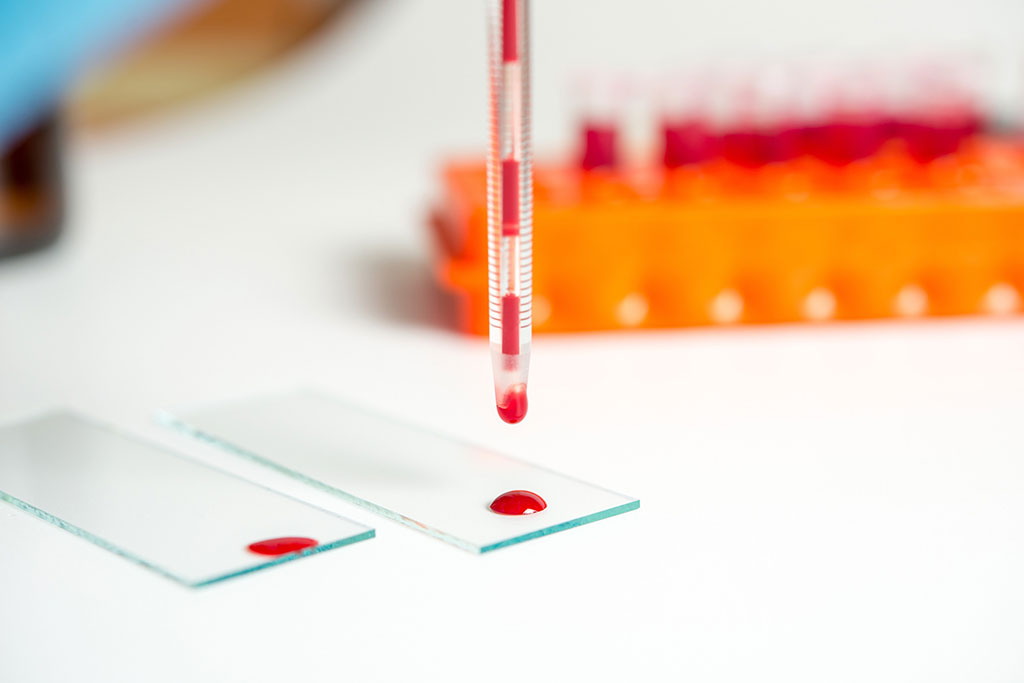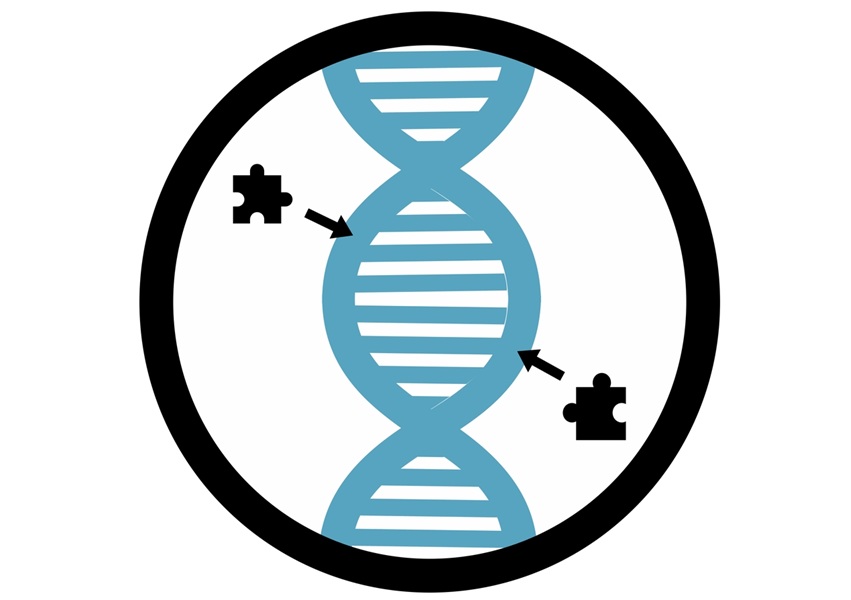Simple Blood Test Diagnoses Bipolar Disorder More Accurately
Posted on 26 Oct 2023
Bipolar disorder is a condition that affects about 1% of the global population, which translates to roughly 80 million people. However, nearly 40% of those affected are incorrectly diagnosed with major depressive disorder, a condition that requires a different treatment approach. Incorrectly treating bipolar disorder with antidepressants without the use of mood stabilizers can induce a manic episode. Currently, a comprehensive psychiatric evaluation is the most reliable method for diagnosing bipolar disorder, but these assessments often have long waiting times and are time-consuming. Now, a simple blood test with the ability to diagnose bipolar disorder could ensure that patients receive the right treatment the first time and also reduce the strain on healthcare providers.
Researchers at the University of Cambridge (Cambridge, UK) have created a novel diagnostic approach that employs a simple blood test to identify biomarkers linked to bipolar disorder. By combining an online psychiatric evaluation with the blood test, the team managed to correctly diagnose several patients who were previously misdiagnosed with major depressive disorder. On its own, the blood test could accurately diagnose bipolar disorder in up to 30% of patients. However, its efficacy improved notably when used alongside a digital mental health assessment. The inclusion of biomarker tests could assist doctors in distinguishing between major depressive disorder and bipolar disorder, conditions that exhibit similar symptoms but necessitate different drug treatments.

For their research, the team relied on samples and information gathered from the Delta study, which took place in the UK from 2018 to 2020. The study aimed to identify bipolar disorder among patients who had been diagnosed with major depressive disorder in the last five years and were currently experiencing depressive symptoms. The participants, who numbered over 3000, were enlisted online and completed an extensive online mental health questionnaire containing over 600 questions. Topics covered by the questionnaire included past and present depressive episodes, generalized anxiety, symptoms of mania, family history, and substance abuse. Out of those, around 1000 participants were chosen to provide a dried blood sample through a finger prick. The samples were then analyzed for over 600 different metabolites using mass spectrometry. After completing a thorough and validated diagnostic tool, the Composite International Diagnostic Interview, 241 participants were finally selected for the study.
Upon analyzing the data, the researchers identified a significant biomarker signal for bipolar disorder that was evident even after adjusting for variables like medication. Validation was performed on a separate group of patients who were clinically diagnosed with either major depressive disorder or bipolar disorder during the study's one-year follow-up. The combination of self-reported data and the biomarker test showed a significant enhancement in diagnosing bipolar disorder, particularly in cases where the diagnosis was not immediately evident. While the blood test is still in the proof-of-concept stage, the researchers believe it could serve as a valuable adjunct to existing diagnostic methods and may shed light on the biological origins of mental health disorders.
“The online assessment was more effective overall, but the biomarker test performs well and is much faster,” said Professor Sabine Bahn, who led the research. “A combination of both approaches would be ideal, as they’re complementary. In addition to the diagnostic capabilities of biomarkers, they could also be used to identify potential drug targets for mood disorders, which could lead to better treatments.”
Related Links:
University of Cambridge













